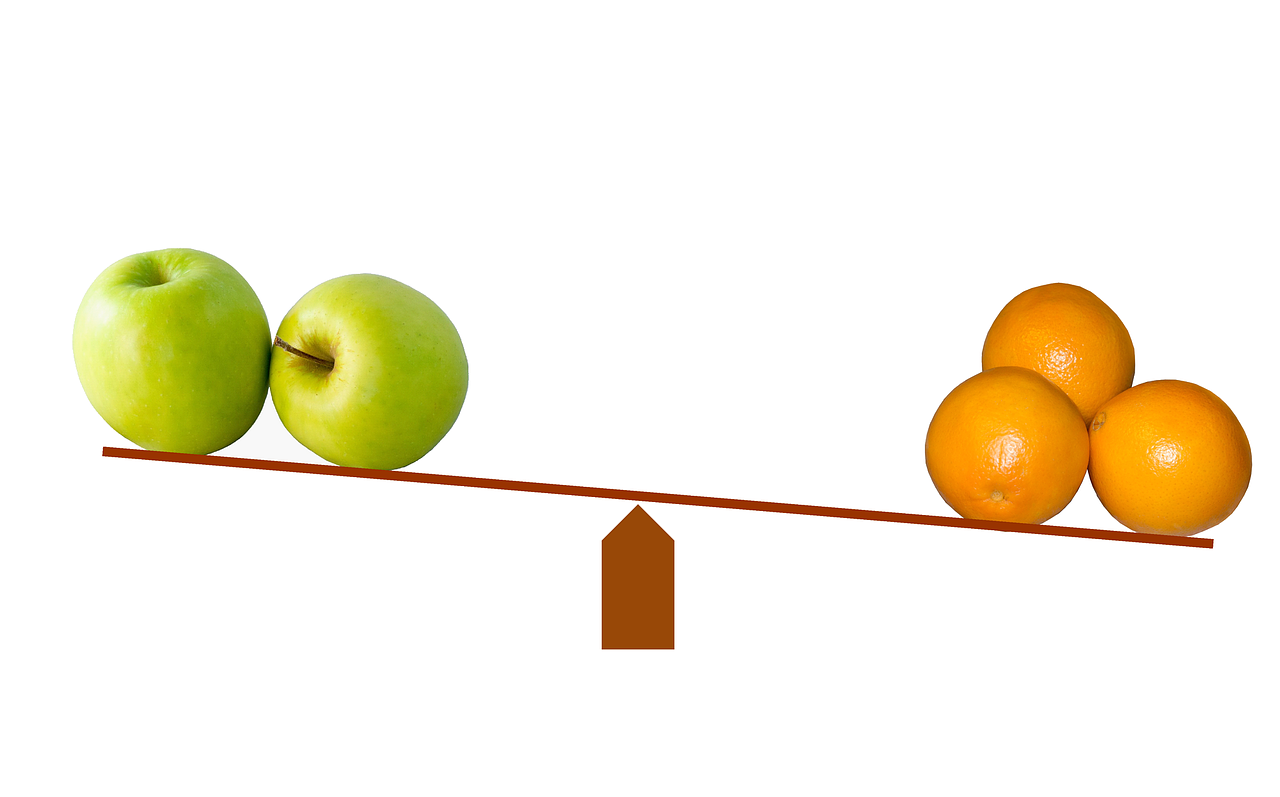Marketers love you to compare.
Imagine you have invented a new gadget and put it into the shops at $279. As it is a completely new product, there is nothing to compare it with. How can anyone judge whether that is a good price or not? The answer is, they cannot.
This is the problem Williams-Sonoma had when they produced a bread maker and tried to sell it for $279. It wasn’t selling well because people couldn’t tell if that was a good price or not. To solve this problem the company introduced another bread maker. This one had more controls and could do a little more, but was priced much higher at $429. Now people had something with which to compare. The first bread maker was $150 cheaper. Sure, it wasn’t quite as flashy, but it made bread. $279 now seemed like a good price and the product started selling much better.
Imagine now that you are in a restaurant and you see the lobster thermidor, their flagship dish, costs $120. You may rule that out straight away as far too expensive. You then see their fillet steak is $60. That is far cheaper and you may be tempted to choose that. Perhaps, if you had not seen how expensive the lobster was, you may have considered $60 to be too steep for a cut of beef.
You are powerless against your minds determination to compare. The menu has set an anchor of $120 for the lobster, and against that the beef, which actually is still expensive, appears good value.
Find out more about how the mind plays tricks on you and how your memory works by reading my books, Bias Beware and Memory Matters.
